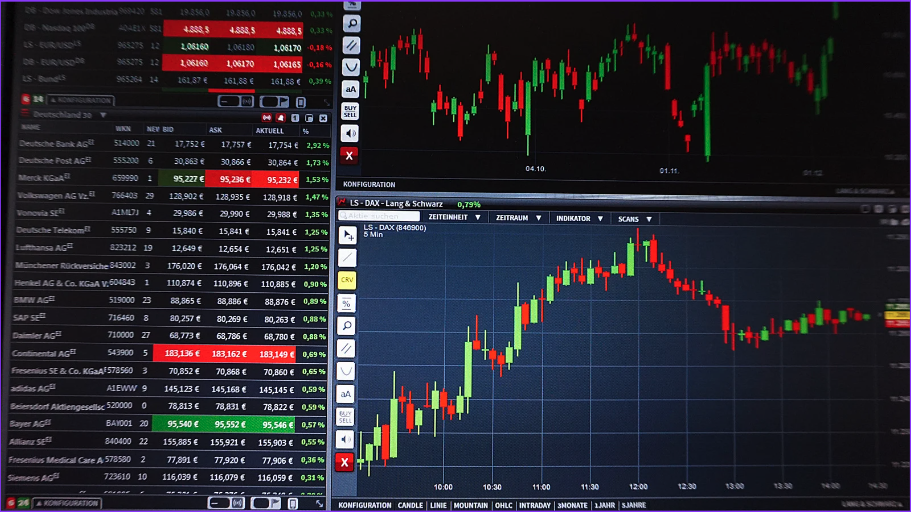In the current economic climate legal experts are divided as to whether the last few months 2022 will be the right time for some companies to go private
No one likes uncertainty, especially investors, so there is significant interest in how the next few months will pan out for global and local markets. With the likelihood of recession and an increase in interest rates facing some economies and ongoing geo-political tensions, it’s a fascinating time for share markets and companies, especially for those companies considering going private.
Looming in the shadows of this perfect storm, is the sizeable ripple effect at the prospect of Brazil’s Petrobras going private and Saudi Arabian relaunching its privatization plan for its airports. As a result, there is an air of caution and nervous energy in China and Hong Kong as observers keep an eye on activity relating to the equity markets.
With energy prices rising and the efficiency and cost of travel once again on the agenda of world economies, such decisions can have huge impacts on global markets.
So, what does this all mean for companies, and by extension, law firms, active in the China/Hong Kong market.

“The China and Hong Kong processes are very different, which makes for its own set of challenges. The Hong Kong Companies Ordinance is clearcut in its rules and procedures when it comes to the approval of a privatization scheme, while in China the balancing act between state-owned enterprises and the private sector remains a tenuous one. It’s up to the legal experts to navigate the various issues that will emerge.”
Chris Cheng, Partner, Corporate, Appleby (Hong Kong)
Arguably, the biggest hurdle is for a company to decide on whether it intends to go private and what method it chooses to change its structure. The pros and cons of such a decision are well documented, but what makes privatization such a unique process are the various regulatory structures in place and equally so, the multiple techniques as to how privatization can be achieved.
The China and Hong Kong processes are very different, which makes for its own set of challenges. The Hong Kong Companies Ordinance is clearcut in its rules and procedures when it comes to the approval of a privatization scheme, while in China the balancing act between state-owned enterprises and the private sector remains a tenuous one.
It’s up to the legal experts to navigate the various issues that will emerge.
The decision by the Brazilian Government on if, or how, it will privatize Petrobras and to what extent will China play in that, is going to impact the local markets. China’s oil and gas companies have expressed significant interest in any ongoing deals with a slow and steady accumulation of stocks in the South American energy giant.
There is little doubt that the current political and economic environment is a delicate one and there remains a lot of unpredictability surrounding the market forces. Never will the equity markets being able to have working relationships between law firms and companies been more important to establish clear and seamless timelines and processes for privatization deals to be done successfully.
This article was written by Chris Bisogni for Conventus Law in association with Appleby.



